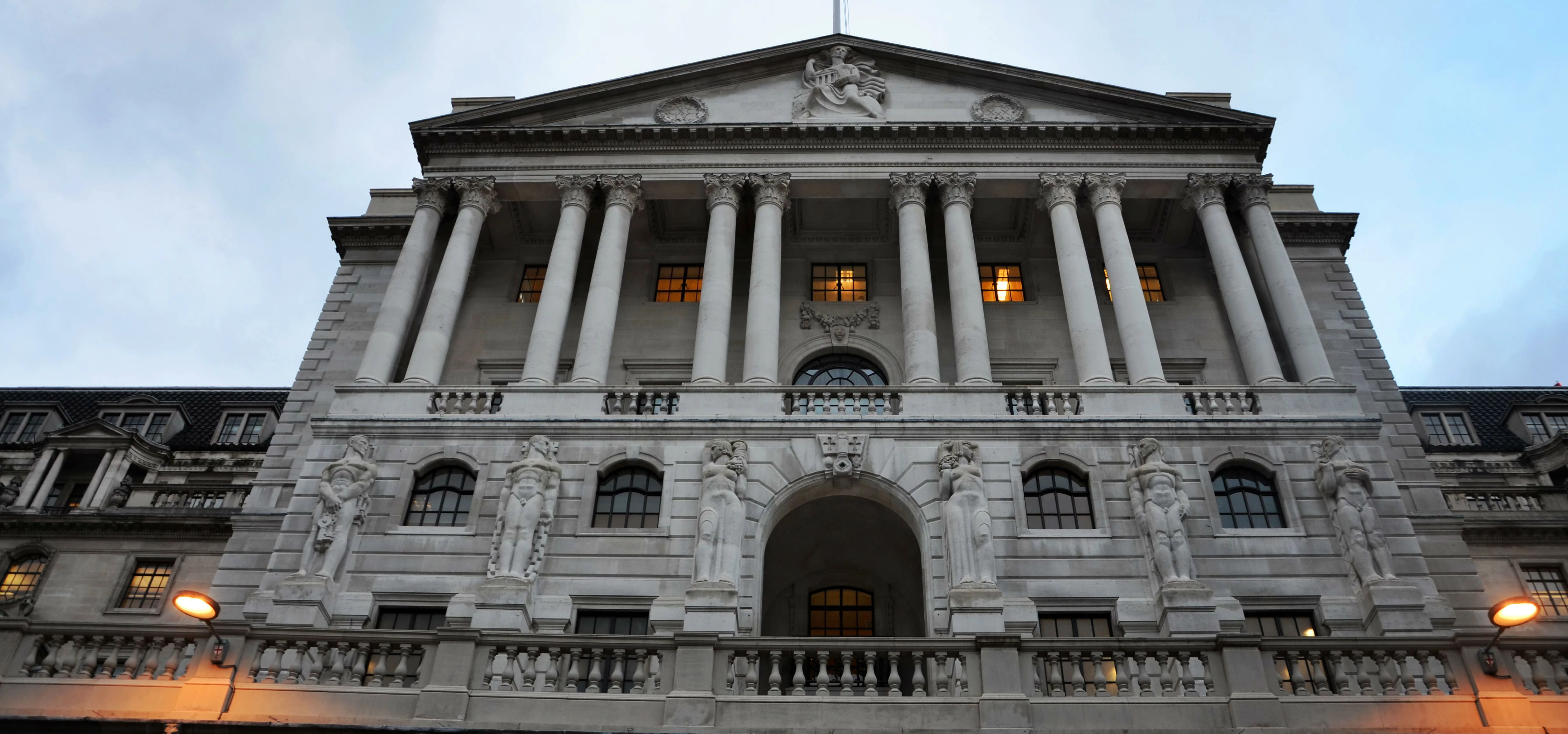
Partner Article
Bank of England cuts interest rates to record 0.25% low
Interest rates have been cut to a new record low of 0.25%, the Bank of England (BoE) announced today (4 August).
With all nine of the Bank’s Monetary Policy Committee voting in favour of the cut, the rate has dropped from the previous record low of 0.5%.
Should the UK economy worsen, the BoE indicated that the rate could be slashed further. Moreover, the Bank also announced the biggest cut to its growth forecasts since it started making them in 1993.
Its growth prediction for 2017 has dropped from the 2.3% it was expecting in May to 0.8%.
Expert Reaction
James Sproule, Economist at the Institute of Directors, said: “In the aftermath of the referendum, the Bank of England’s credibility in promising it would do whatever it took to maintain market liquidity was very important. But the problem now is confidence, not liquidity or access to capital.
“The cost of capital is not the major factor for business at the moment, with a survey of IoD members showing this week that six in ten think this interest rate cut will not have a discernible effect on their performance.
“The decision to increase gilt purchases, when yields are at historic lows, risks further distorting asset prices. It might have been preferable to indicate what forms of further unconventional monetary policy were being contemplated, buying corporate bonds and providing more cheap money to banks, and then to wait for more concrete signs of an slowdown before taking these steps.
“The Bank cannot do the heavy-lifting on boosting business confidence, the Government has to play its part. The real test of confidence is going to be the Autumn Statement, which could be usefully brought forward several weeks.
“We would like to see moves to raise the Annual Investment Allowance to half a million pounds, which would encourage business to buy productivity-raising new machinery. Delaying the introduction of the badly-designed Apprenticeship Levy would also remove one short-term regulatory headache for firms.”
Yael Selfin, head of macroeconomics at KPMG in the UK, said: “While the measures announced today may provide the economy with short-term pain relief, it is now for the new Government to pick up the baton and provide the more substantive support the UK economy needs. This includes clarity on the direction and timing of future trade negotiations, on its short term fiscal plans, as well as measures to improve UK’s poor productivity performance.
“Although improving productivity has posed a challenge for a while, our clients have suggested a range of actions that could better support UK performance. These have included improving regional transport links, better broadband coverage and quality, higher education attainment across UK schools, improving labour mobility through better access to housing, as well as increasing spend on R&D.
“The Bank expects further actions to follow including further interest rate cuts taking base rates to just above zero before the end of the year, though Governor Carney ruled out the possibility of rates becoming negative in the UK. This, together with some of the other measures announced, should provide some comfort to banks, pension funds and insurers that the Bank of England also has in mind the difficulties they may face in this rate environment.”
Miles Gibson, Head of UK Research, CBRE, said: “Following the referendum result, the Bank of England made reassuring noises to the market and opted to wait another month to see if conditions improved.
“The MPC felt it had to take action with today’s cut representing the strongest monetary policy intervention we have seen to date. This week’s weak PMI numbers across all sectors were likely the final nails in the coffin for any members who had hoped to keep the rate at 0.5%.
“From a commercial property perspective, this base rate cut will not have any big impact on pricing, which is driven by long term rates, although pricing might be boosted by a confidence effect from this cut.
“With sterling priced assets still looking attractive to overseas investors, whose cost of capital is not driven by UK debt markets, London and the UK most definitely remain a strong investment opportunity.”
Looking to promote your product/service to SME businesses in your region? Find out how Bdaily can help →
Enjoy the read? Get Bdaily delivered.
Sign up to receive our popular morning National email for free.








 The value of using data like a Premier League club
The value of using data like a Premier League club
 Raising the bar to boost North East growth
Raising the bar to boost North East growth
 Navigating the messy middle of business growth
Navigating the messy middle of business growth
 We must make it easier to hire young people
We must make it easier to hire young people
 Why community-based care is key to NHS' future
Why community-based care is key to NHS' future
 Culture, confidence and creativity in the North East
Culture, confidence and creativity in the North East
 Putting in the groundwork to boost skills
Putting in the groundwork to boost skills
 £100,000 milestone drives forward STEM work
£100,000 milestone drives forward STEM work
 Restoring confidence for the economic road ahead
Restoring confidence for the economic road ahead
 Ready to scale? Buy-and-build offers opportunity
Ready to scale? Buy-and-build offers opportunity
 When will our regional economy grow?
When will our regional economy grow?
 Creating a thriving North East construction sector
Creating a thriving North East construction sector